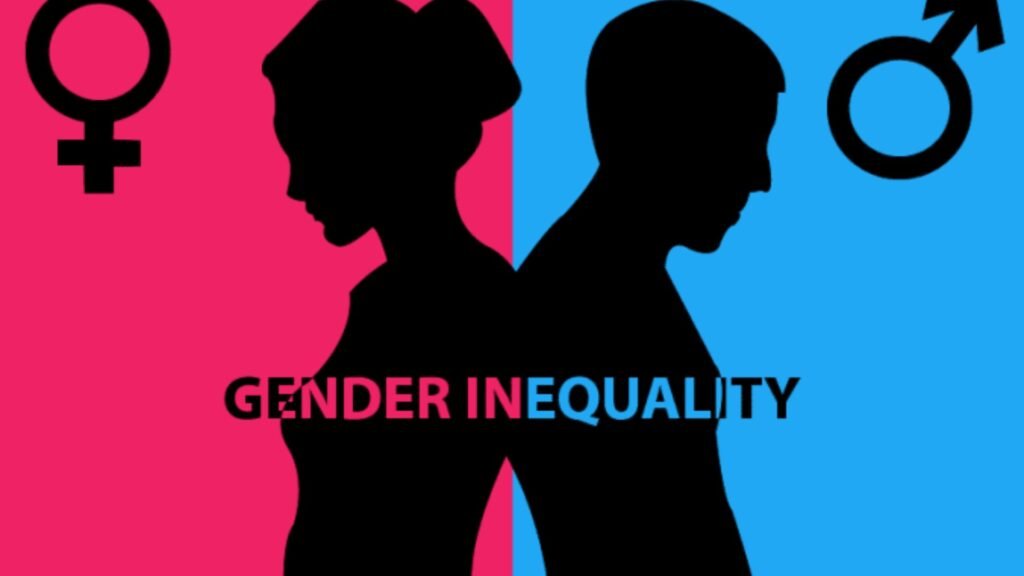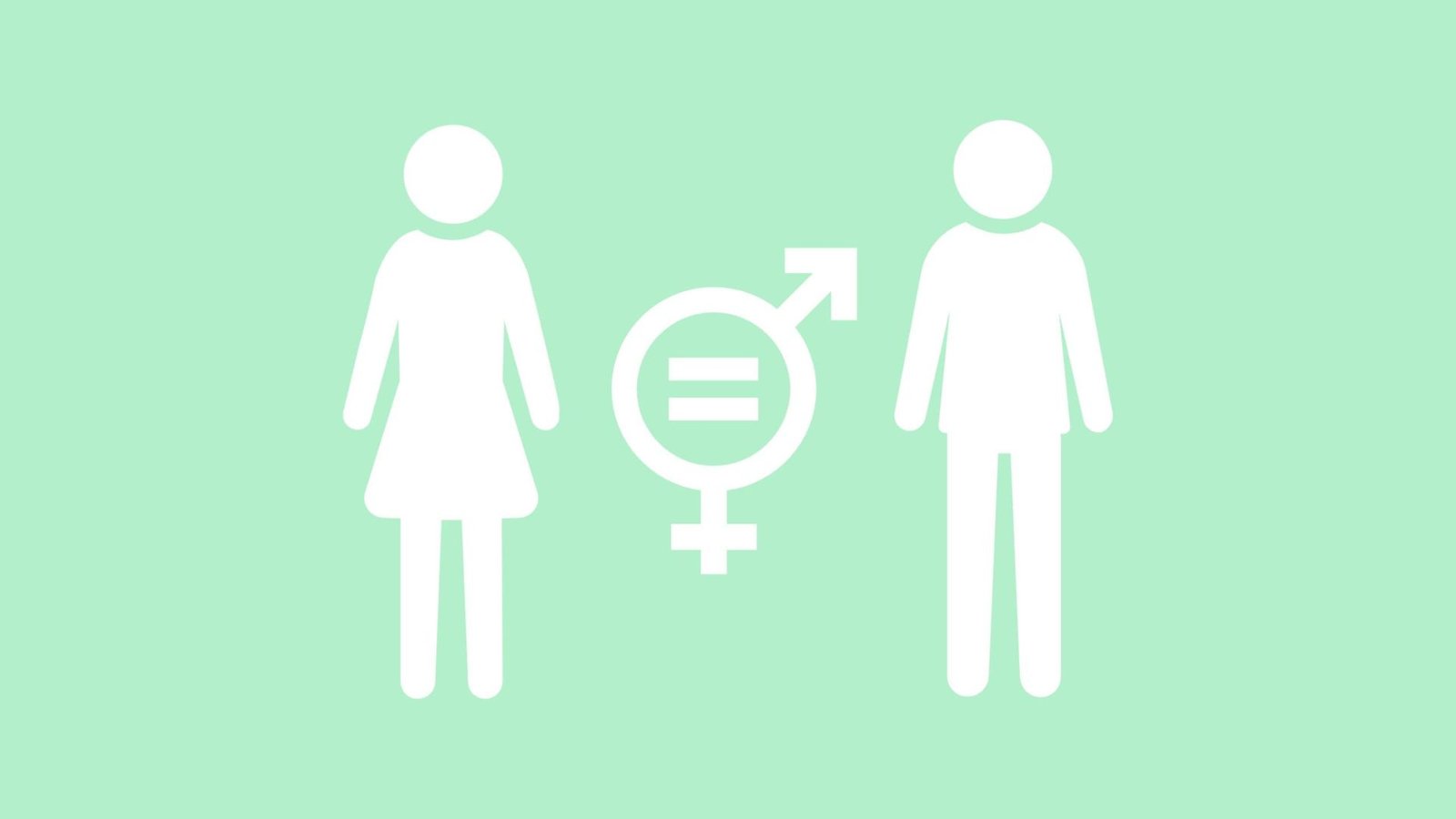Legal Frameworks Supporting Gender Equality
Legal frameworks supporting gender equality are essential for creating a fair and just society where all individuals have equal opportunities, regardless of gender. Laws and regulations play a crucial role in addressing gender-based discrimination and ensuring that everyone can participate equally in various aspects of life. This article explores the key legal frameworks that support gender equality and examines their impact on creating more equitable environments.

Key Legal Frameworks Promoting Gender Equality
Legal frameworks supporting gender equality encompass a range of laws and regulations designed to promote fairness and prevent discrimination. Some of the most significant frameworks include:
1. Anti-Discrimination Laws
Anti-discrimination laws are foundational for protecting individuals from gender-based discrimination:
- Employment Discrimination: Laws such as the Equal Pay Act (U.S.) and the Equality Act (U.K.) prohibit employers from discriminating based on gender, ensuring equal pay for equal work and fair treatment in hiring, promotion, and other employment practices.
- Educational Discrimination: Title IX (U.S.) prohibits gender-based discrimination in educational programs and activities that receive federal funding, ensuring equal opportunities in schools and colleges.
2. Reproductive Rights Legislation
Reproductive rights legislation addresses gender equality by ensuring access to reproductive health services:
- Access to Contraception: Laws that guarantee access to contraception and family planning services allow individuals to make informed decisions about their reproductive health.
- Abortion Rights: Legal frameworks such as Roe v. Wade (U.S.) ensure that individuals have the right to make decisions about abortion, protecting reproductive autonomy.
3. Gender-Based Violence Laws
Gender-based violence laws aim to protect individuals from violence and harassment:
- Domestic Violence Protection: Laws such as the Violence Against Women Act (U.S.) provide protections and support for survivors of domestic violence and intimate partner violence.
- Sexual Harassment Legislation: Legal frameworks addressing sexual harassment, such as the Sexual Offences Act (U.K.), protect individuals from unwanted sexual advances and harassment in various settings, including workplaces and educational institutions.
4. Family Leave Policies
Family leave policies support gender equality by recognizing and addressing caregiving responsibilities:
- Parental Leave: Legislation such as the Family and Medical Leave Act (U.S.) provides parental leave for caregivers, allowing both parents to take time off to care for a newborn or adopted child.
- Maternity and Paternity Leave: Laws that offer paid maternity and paternity leave ensure that both parents can share caregiving responsibilities and support gender equality in the workplace.
5. Gender Identity and Expression Laws
Gender identity and expression laws protect individuals from discrimination based on gender identity:
- Transgender Rights: Legal frameworks such as the Gender Recognition Act (U.K.) allow individuals to legally change their gender and ensure protections against discrimination in various areas of life.
- Anti-Discrimination Protections: Laws that prohibit discrimination based on gender identity and expression, such as the Equality Act (U.K.), protect individuals from bias and ensure equal treatment in employment, housing, and public services.
Impact of Legal Frameworks on Gender Equality
Legal frameworks supporting gender equality have a significant impact on various aspects of life:
1. Promoting Fairness and Equal Opportunities
- Workplace Equality: Anti-discrimination and equal pay laws ensure that individuals are treated fairly in the workplace, leading to greater gender equality in career opportunities and compensation.
- Educational Access: Laws prohibiting gender-based discrimination in education provide equal access to academic and extracurricular opportunities, promoting academic achievement and career readiness for all genders.
2. Protecting Individual Rights
- Reproductive Autonomy: Reproductive rights legislation empowers individuals to make decisions about their reproductive health, supporting gender equality and personal freedom.
- Safety and Security: Gender-based violence laws protect individuals from violence and harassment, ensuring safety and security for all genders.
3. Supporting Work-Life Balance
- Family Leave: Family leave policies enable individuals to balance work and caregiving responsibilities, promoting gender equality in both domestic and professional settings.
- Caregiving Support: Paid parental leave and flexible work arrangements support equal participation in caregiving, reducing gender disparities in household responsibilities.
4. Encouraging Social Change
- Challenging Stereotypes: Legal frameworks addressing gender identity and expression challenge traditional stereotypes and promote acceptance of diverse gender identities.
- Role Modeling: Legal protections and rights for marginalized genders serve as role models for future generations, promoting a more inclusive and equitable society.
Challenges and Opportunities
While legal frameworks are crucial for promoting gender equality, there are challenges to consider:
- Enforcement: Ensuring effective enforcement of gender equality laws and protections can be challenging, requiring robust mechanisms and resources.
- Intersectionality: Legal frameworks must address intersectional issues, recognizing that gender equality intersects with other forms of discrimination, such as race, ethnicity, and disability.
- Global Variation: Gender equality laws vary widely across countries, with some regions having more comprehensive protections than others. Global collaboration and advocacy are essential for advancing gender equality worldwide.
Conclusion
In conclusion, legal frameworks supporting gender equality play a vital role in creating a fair and just society. By addressing discrimination, protecting individual rights, and promoting equal opportunities, these laws contribute to greater gender equality in various aspects of life.
To build on these achievements, it is important to focus on effective enforcement, intersectional approaches, and global collaboration. Committing to these efforts helps ensure that all individuals, regardless of gender, can fully participate in and benefit from a more equitable society.



